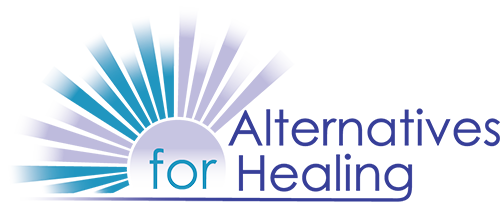Life Coaching practitioners explores and implements the motivational factors that perpetuate a healing response. The practitioner can also help the client realize their higher purpose in life. This greater sense of life balance, connection, and peace can have a profound effect on wellness, and personal and professional success. Some practitioners specialize in Spiritual Life Coaching as well.
Life coaching is used by a growing number of both credentialed (e.g. psychologists) and non-credentialed practitioners to aid clients with transitions in their personal life, and in the process of self-actualization. Currently no regulatory standards exist, and thus no degree or formal training is required to become a life coach. With roots in executive coaching, which itself drew on techniques developed in management consulting and leadership training, life coaching also draws from a wide variety of disciplines, including sociology, psychology, career counseling, mentoring, and numerous other types of counseling. The coach applies mentoring, values assessment, behavior modification, behavior modeling, goal-setting, and other techniques in assisting clients. Coaches are to be distinguished from counselors, whether counselors in psychotherapy or other careers.

